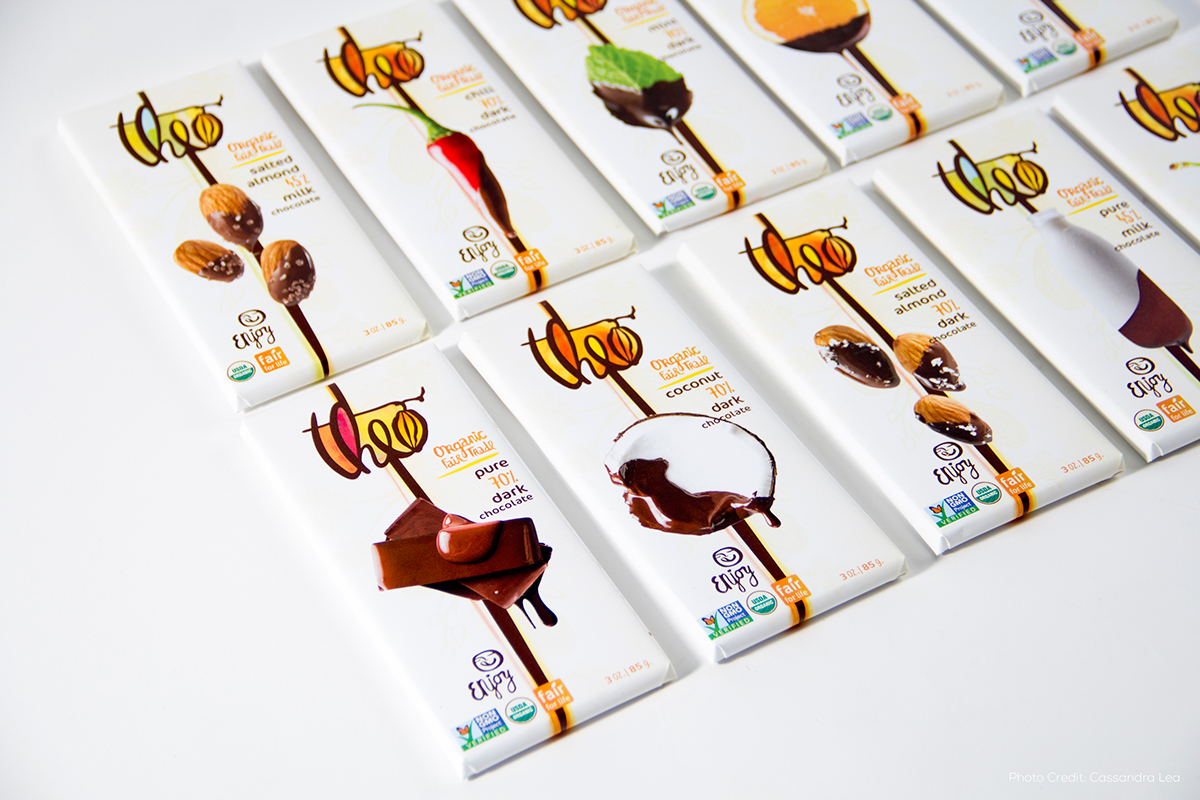One of the classes contemplative practice that impacted me the most was the contemplative practice around chocolate. In America when we think of chocolate we think of a sweet smooth snack. However, the original cocoa nib is extremely bitter, and has a gritty texture. While tasting the cocoa nib for the first time, Professor Liftin played a video about the Ivorian child laborers who use machetes to harvest the cocoa I consume. As a child here in the United States, chocolate was one of my favorite treats to eat; however, I never had to wonder about how the chocolate was made. The bitter taste of the cocoa nib in my mouth reflected the bitter reality that the mass amounts of chocolate that I eat is only possible because of the child that harvested the cocoa. Additionally, the daily packets of 99 cent M&M’S that I eat are cheap because child labor reduces labor costs.

Globalization has enabled the consumer to be separated from the producer which means that labor injustices that face producers are not seen by consumers who eat their chocolate. This contemplative practice bridged the gap between me, the consumer, and the children who harvest the cocoa. Moreover, this meditation time opened by eyes to labor injustices that continue to happen. Although I cannot stop the Mars corporation from using child laborers, I can cut down on my consumption of chocolate from corporations that do not disclose their labor policies. Additionally, I have begun to purchase fair trade chocolate from local companies like Theo that do not buy from child laborers. Although Theo bars are not as cheap as 99 cent M&M’s, the price difference is worth knowing that children have not harvest my cocoa.

